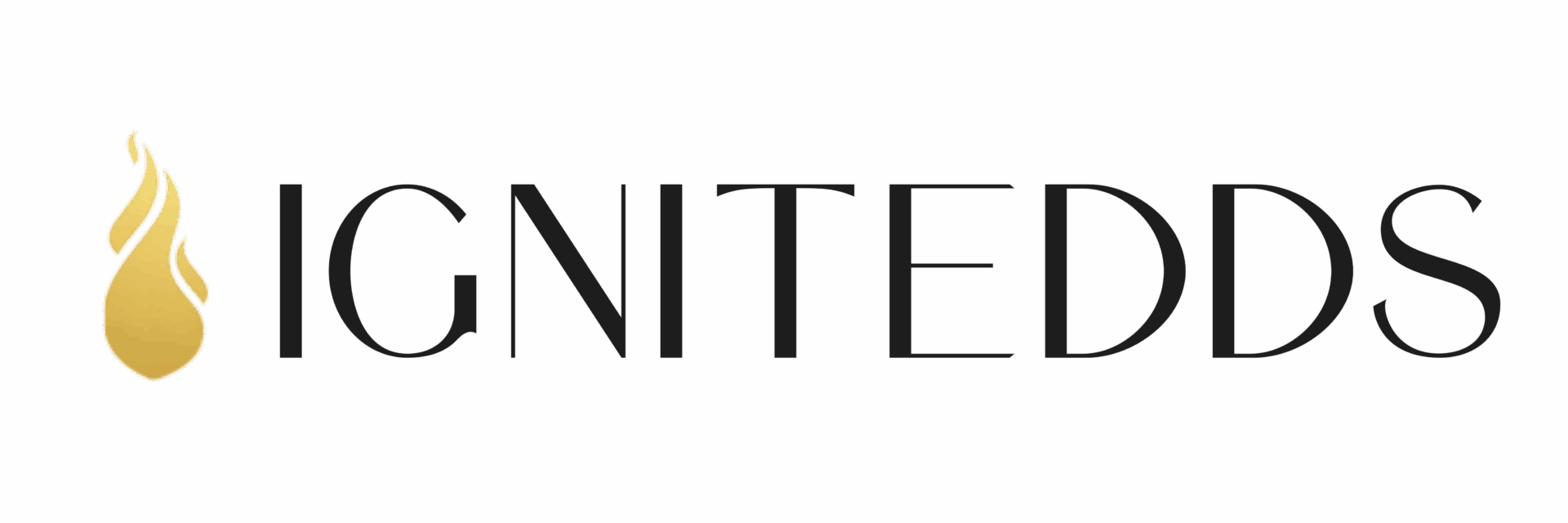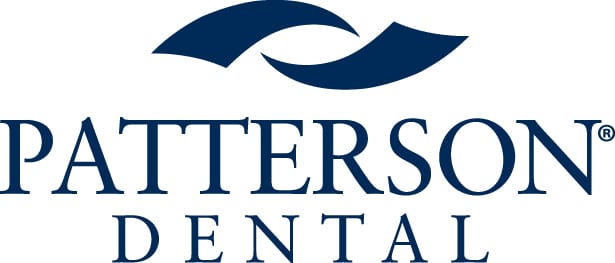By: Julie Kellogg
I walked into the treatment room and greeted my patient.
He said, “You know that tooth we are going to work on? The gums have gotten really irritated around it.”
Hmmm, I thought, that seems odd. It’s not what I would expect. To my patient, I said, “Let’s take a look.”
He opened his mouth and revealed red, swollen, and hyperplastic gingiva around the tooth forward of the tooth which I was planning to prep for a crown. That’s so odd, I thought again.
I looked closer. Sure enough, tooth #5 had a mesial-distal split causing the reaction of the gingiva.
Several months ago tooth #4 had split and now an implant resided in its place waiting to be restored.
The tooth I was planning to prepare for a crow, due to a fractured mesial-buccal cusp, was tooth #3.
Suddenly, it dawned on me. I look my patient right in the eyes.
“Davis, when you were in two weeks ago and described to me what happened in the restaurant, did you suspect this tooth was split?” “Yes,” he answered, “I heard the exact same sound that I heard before with the other tooth.”
“And at the same time, you broke the tooth behind the implant?” I asked. He nodded.
“Davis, you were doing your best to describe what happened and I missed your cues. I am so sorry that I didn’t listen to you better.”
Problem-Solving vs Listening
The practice of medicine is full of nuance.
My dentist father taught me to be thorough but to not get caught up always looking for the rare. Treat the obvious first. Don’t overthink it.
It’s easy to get in a hurry and rush into our problem-solving efficiency mode. And most of the time we get away with it.
We are smart, experienced, well-trained clinicians. We get it right nearly every time.
But if we took one or two extra minutes and asked one more question or reflected on what we have heard back to our patient, we just might be better.
A few easy coaching responses are:
- That’s interesting. Tell me more about that.
- What else?
- What I hear you saying is…..
On this particular day, I was efficient, diagnosed the obvious, and yet missed a critical and more subtle part of a complete diagnosis.
Listening is Medicine
I learned this in reverse when I became the patient.
During the height of the Covid-19 pandemic, I was in urgent care experiencing spikes of high fevers and a cough that had lasted several days. I knew this was not normal for me.
The provider ruled out both Covid-19 and Influenza A. But since it was less than 4 days duration, I was sent home to see if I just needed time.
Three days later, I was in urgent care again. Same symptoms, same provider. I knew I had something unusual. The provider now acknowledged the fever was abnormal and recommended that I take antibiotics to rule out atypical pneumonia before any more tests could be run.
I argued weakly that there were no signs of bacterial infection but protocol seemed to trump carefully listening to the patient.
The next day my best friend dragged to me the ER.
The ER physician said, “I’m really glad you came in. We are going to get to the bottom of this.” He listened to me carefully. He did a physical exam and ordered images. He made a thoughtful differential diagnosis list.
He made me feel heard. And thanks to him, I discovered I had San Joaquin Valley Fever (Coccidioidomycosis).
We are all Human
When I examined Davis after his weekend trip, he told me he heard a crack and broke his tooth on a bread boule. The periapical radiograph looked normal. The visual exam showed the broken cusp on tooth #3. His tooth #5 looked normal. He wasn’t having any pain or sensitivity at that point. The diagnosis was obvious. Tooth #3 was fractured and needed a crown.
Davis has survived floor-of-the-mouth cancer. He was already a lifetime bruxer. Now extreme xerostomia combined with bruxism, his teeth are very brittle and prone to fracture. He understands some of this is part of being a cancer survivor.
I could have listened better. I could have reflected back on what he said and clarified. I could have done a more thorough examination.
Sometimes I miss things.
This was a few days before Thanksgiving, so I called in a favor with my periodontist. Davis got a same-day appointment to remove the split tooth and place another implant.
Davis also promised to only eat mashed potatoes for Thanksgiving dinner and we enjoyed a good laugh together.
Up Next: Are Cavities Genetic?


